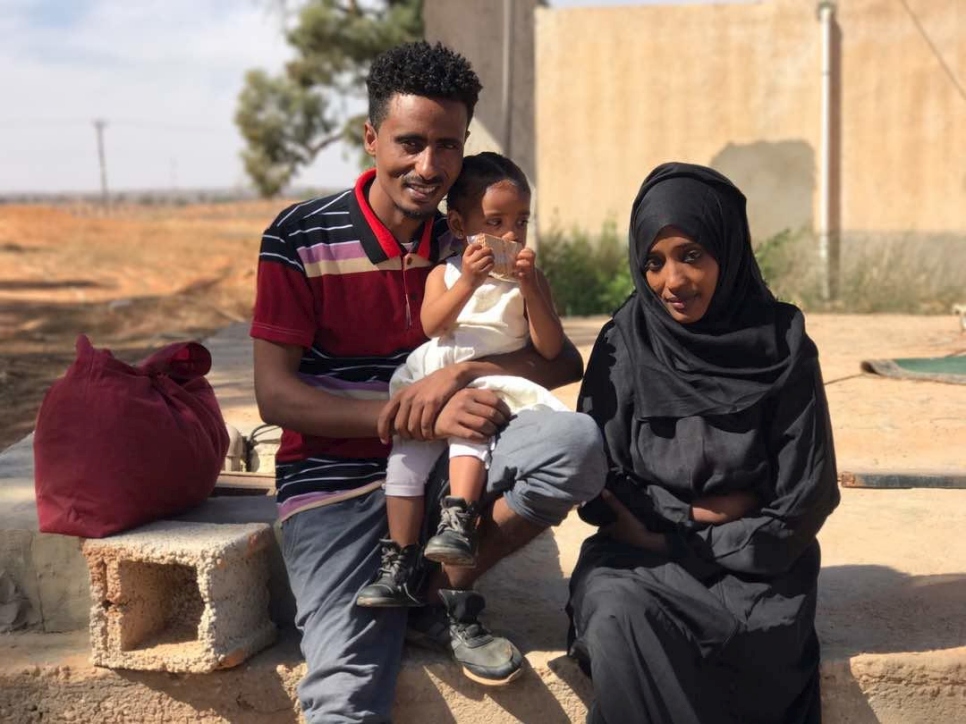The people of Libya, known as Libyans, have a diverse cultural heritage shaped by the interactions of various civilizations over the centuries. The majority of Libyans are of Arab-Berber descent, and their culture reflects a blend of Arab, Berber, and African traditions.
Islam is the predominant religion in Libya, and it plays a significant role in shaping the daily lives, values, and customs of the Libyan people. Islamic practices and festivals are celebrated with enthusiasm, fostering a strong sense of community and identity among the population.
Libyans are known for their hospitality and warmth towards visitors. Traditional Libyan hospitality often involves serving guests with food and drinks as a way of showing respect and friendship. The sharing of meals with family and friends is an essential part of their social fabric.
The Libyan society places great importance on family ties and traditional values. Families usually live in close-knit units, and elders hold significant respect and authority within the family structure.
Historically, Libyans have been engaged in various economic activities, including agriculture, fishing, and trade. Libya’s vast oil reserves have also played a crucial role in shaping its economy and society.
Due to its rich history and cultural diversity, Libya has a vibrant arts scene, with traditional music, dance, and crafts being an integral part of its cultural expression.
It is important to note that Libya’s social fabric and dynamics may have evolved since my last update in September 2021, and I recommend consulting more recent sources for the latest information about the people and culture of Libya.



















Add Comment